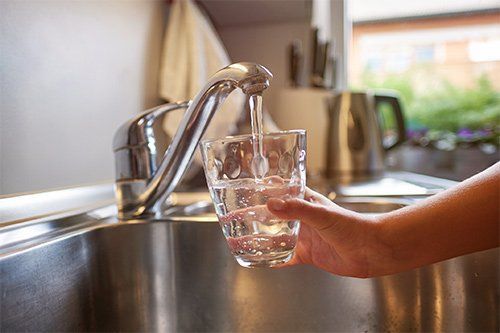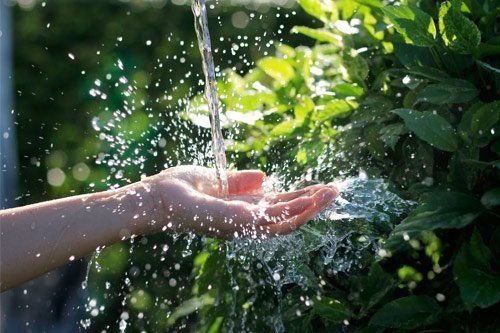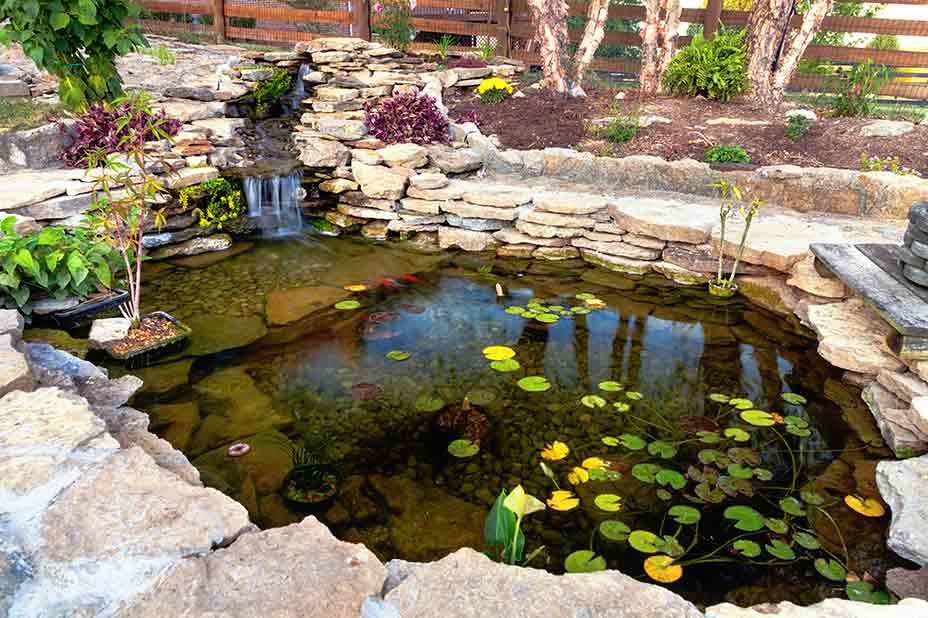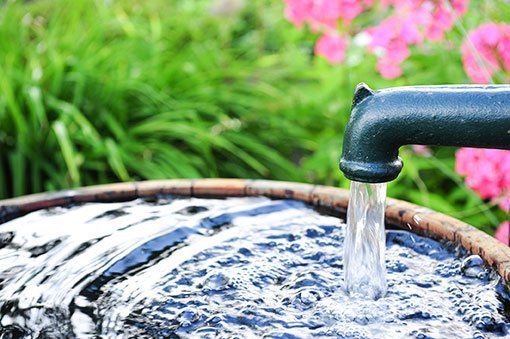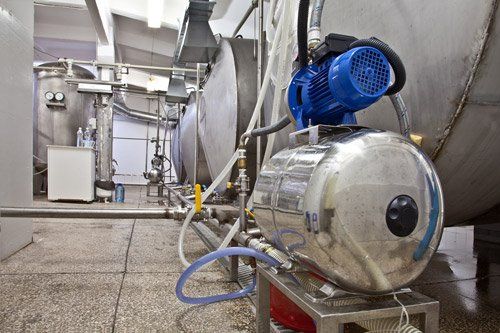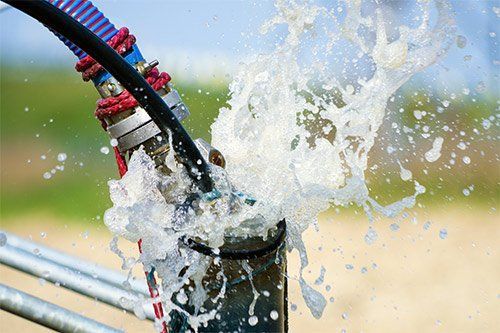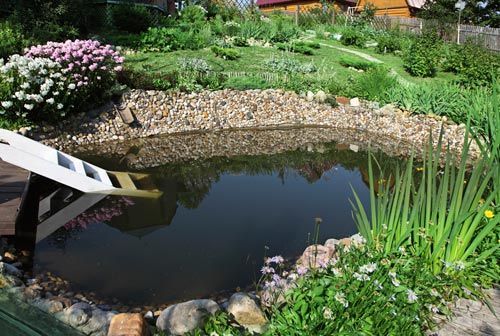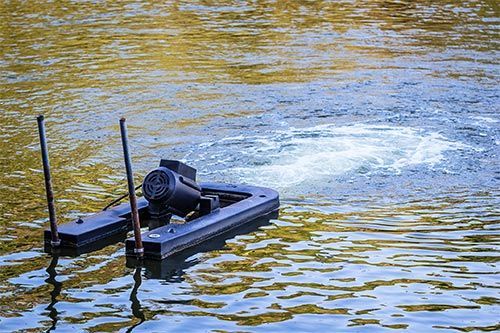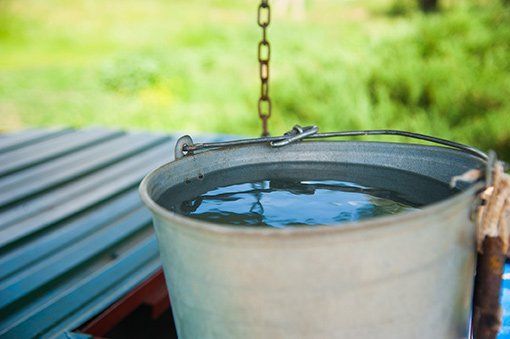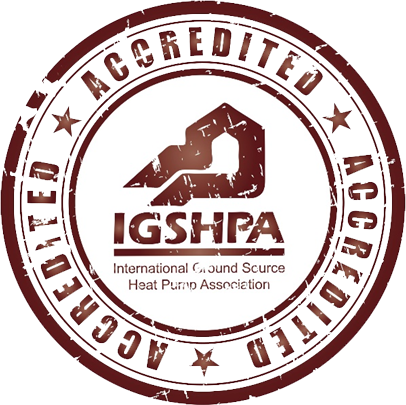Location: 1401 Adams Street
Blog Layout
5 Things to Know When Buying a Home With a Well
Mar 07, 2019
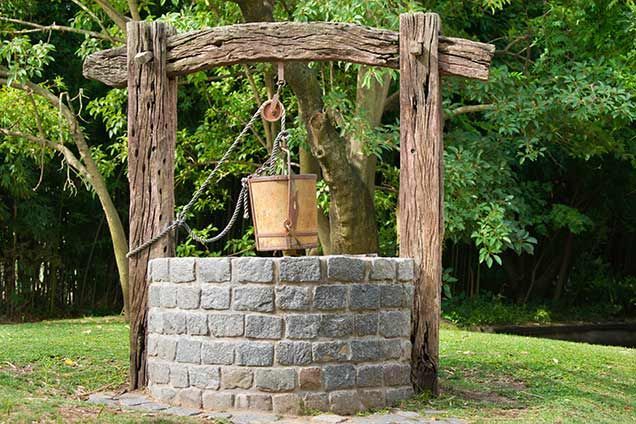
Owning a well is very different from using a community water source. If you're thinking about buying a home with a well and have little or no experience with private well water, you have a few things to learn. Understanding the maintenance expectations and testing the well before you purchase the home can help you decide whether a home with a well is right for you.
1. Risk for Contamination Is Higher for Dug (Non-Drilled) Wells
A long time ago, most people dug their wells by hand. Two people could dig a well together, with one person positioned in the hole and the other person hauling the soil to the surface. Not many wells are dug like this anymore, but dug wells still exist in some older homes. These wells are also known as shallow wells because the method of construction limits the depth of the well.
Today, drilled wells are far more common. Dug wells are relatively easy to identify by the hole in the ground, often protected by a cover to prevent someone from falling in. Drilled wells have no hole but instead have a pipe protruding from the surface of the soil.
Dug wells are at risk for contamination because water runoff from the surface can fall into the well. This is not the case with drilled wells because the water source is protected by the earth. If the home you're thinking about buying has a dug well, get a price quote for having a well drilled on the property.
2. Well Inspections Are Critical
Many home inspectors do not inspect wells for functionality. Some home inspectors will test water and inspect a septic system for an extra fee, but in most cases, you'll need to hire an outside professional to inspect the state of the well. Contact a knowledgeable and trustworthy well contractor to find out whether the well is running properly.
Buying a home without getting a well inspection could put you at risk for making an expensive repair after moving in. Do not attempt to perform the well inspection yourself unless you're a trained expert.
3. Water Testing Protects Members of Your Household
Groundwater is subject to contamination. Testing well water before going through with the home purchase helps you ensure that the water in the well is not contaminated.
Common sources of contamination in wells include bacteria from nearby septic tanks, pesticides, barnyard waste, and fertilizers. If the home you're thinking about buying is near farms, pesticides and fertilizers may be a big concern.
Have the water tested to find out whether it is contaminated and what you can do about the problem if this is an issue. Your well inspector can discuss possibilities.
4. Well Maintenance Is Critical After You Buy
Once you move into the home, perform yearly maintenance on your well to ensure that it continues to function properly. You'll be responsible for your own water supply, so if you don't keep up with maintenance, you could find yourself in a home without a water supply. Have your well maintenance company come out at least once annually for a tune-up.
5. Well Water Must Be Protected
Protecting your soil from pollution will help protect your groundwater from contamination. Once you move into the house, you can start protecting your water supply right away. Keep up with septic tank maintenance, and avoid using pesticides and toxins near the well. Have your water tested on a regular basis to ensure that the water continues to be safe to drink.
At Henry Drilling LLC, we're happy to answer any questions you might have about maintaining your well or owning a home with a well. Call us today
to find out more information about your upcoming responsibilities as a well owner.
Contact Info
Franklin: 615-794-1784
Nashville: 615-383-5523
Columbia: 931-388-4173
Location: 1401 Adams Street
Franklin, TN 37064
Content, including images, displayed on this website is protected by copyright laws. Downloading, republication, retransmission or reproduction of content on this website is strictly prohibited. Terms of Use
| Privacy Policy

